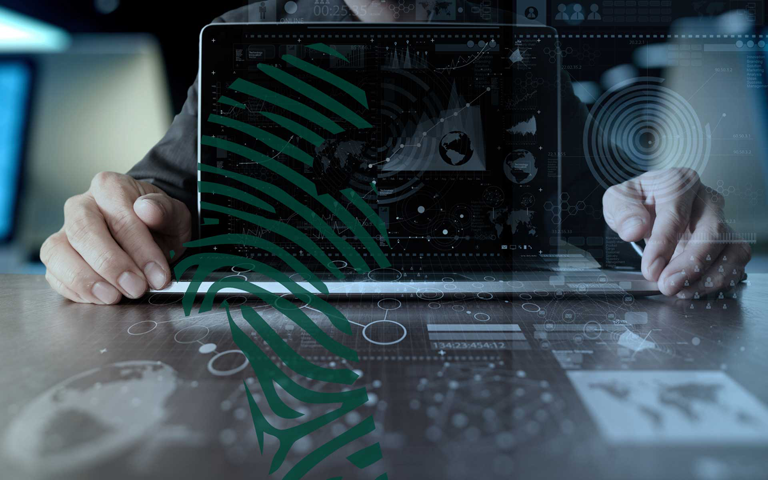What We Do? We follow the ACPO Guidelines to provide you with a detailed and thorough report, our expert forensic investigators carry out a detailed analysis of your digital devices which where possible can uncover any information that can be vital to a case. This may include web and user activity, file access and modification dates, any USB activity, a detailed email history and chronology, file copying and deletion history.
Our findings can then be used in the form of an expert report to support any formal case in court.
What is Computer Forensics?
Computer forensics, also referred to as digital forensic science, is a specialized field within forensic science that focuses on the recovery and investigation of digital material found on various electronic devices, often in the context of computer-related crimes. Initially, the term “digital forensics” was used interchangeably with “computer forensics,” but it has since expanded to encompass the examination of all devices capable of storing digital data.
Digital forensics investigations have a diverse range of applications, with one of the primary purposes being to provide evidence that either supports or refutes a hypothesis presented in criminal or civil courts. In criminal cases, the focus is on alleged violations of laws established by legislation, enforced by law enforcement agencies, and prosecuted by the state. These cases typically involve offenses such as murder, theft, and assault against individuals.
On the other hand, civil cases revolve around the protection of individual rights and property, often related to family disputes. However, civil cases can also involve contractual disputes between commercial entities. In these instances, a specific branch of digital forensics known as electronic discovery (eDiscovery) may come into play.
eDiscovery is concerned with the identification, preservation, collection, and analysis of digital evidence that is relevant to legal disputes. It involves uncovering electronic data, including emails, documents, databases, and other digital records, to establish facts, support claims, or refute allegations in civil litigation. eDiscovery plays a crucial role in cases involving contractual disputes, intellectual property disputes, employment disputes, and other legal conflicts where digital information is central to the proceedings.
Digital forensics investigations are conducted by trained experts who employ specialized tools and techniques to gather and analyze digital evidence. This evidence is presented in court to assist in establishing the truth, validating or challenging claims, and aiding in the administration of justice.
By utilizing digital forensic techniques, investigators can uncover hidden or deleted data, trace digital footprints, analyze communication records, and reconstruct digital events. This information contributes to the presentation of a comprehensive and reliable case, assisting legal professionals, law enforcement agencies, and other parties involved in the legal process.
Overall, digital forensics plays a vital role in both criminal and civil litigation, enabling the examination of digital evidence and supporting the pursuit of justice in an increasingly digitized world.

The technical aspect of investigations is categorized into various sub-branches based on the types of digital devices involved, including computer forensics, network forensics, forensic data analysis, and mobile device forensics. The standard forensic process encompasses the seizure, forensic imaging (acquisition), and analysis of digital media, culminating in the production of a comprehensive report detailing the collected evidence.
Digital forensics not only helps identify direct evidence of a crime but also plays a crucial role in attributing evidence to specific suspects, verifying alibis or statements, determining intent, identifying sources (as seen in copyright cases), and authenticating documents. Investigations in digital forensics are often more extensive in scope compared to other areas of forensic analysis. They involve complex timelines, hypotheses, and a broader range of inquiries, aiming to provide comprehensive answers to intricate questions.
Overall, digital forensics offers a multidisciplinary approach, utilizing specialized techniques and methodologies to uncover and analyze digital evidence. It plays a critical role in investigations by providing valuable insights and supporting the pursuit of justice in various domains, including criminal and civil proceedings.
Here are just some of the investigations where digital forensics can help
Don’t know where to start?
Start with an email, why not drop us a line and we will contact you to discuss your investigation.
How to contact us
Email: info@digital-forensics.co.uk
Tel: +44(0)1634 672677

